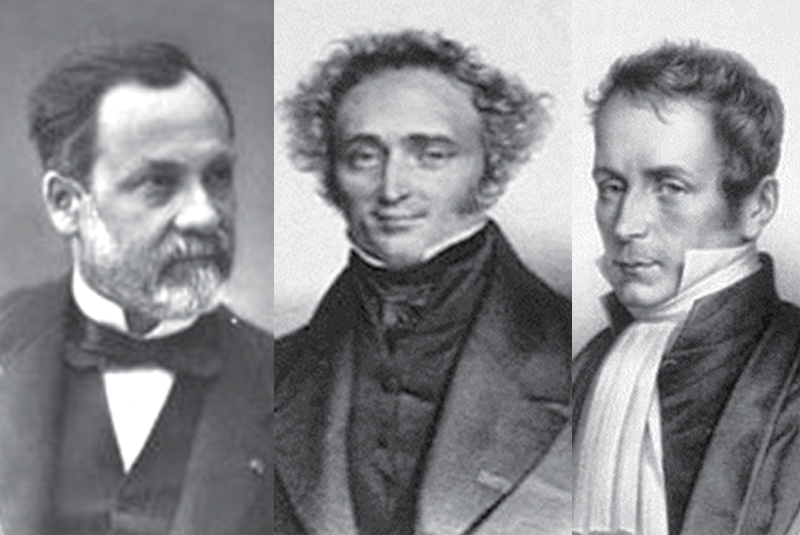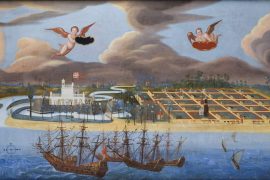French medical personnel were revolutionising medicine in the 19th century. For example, René Théophile Hyacinthe Laënnec (1781–1826) conceptualised the stethoscope in 1816 and announced its science in 1819, Jean Baptiste Cruveilhier (1791–1874) contributed to an elegant understanding of pathological anatomy, and the microbiological work of Louis Pasteur (1828– 1895) established the microbial cause of infective diseases (Bernoulli, 1985).
One key reason for setting up health management facilities in its colonies by France in the seventeenth and eighteenth centuries was to offer some medical care to sailors belonging to the French military, who developed scurvy after 4–6 months of sailing. Le Service de Santé de la Marine (the Naval Health Service) established by Louis the XIV in Paris was additionally charged with the responsibility of managing the health of its military personnel in French territories.
That the European practice of health management in French territories was first established in Pondichéry (11°552 N, 79°472 E) is indeed notable. From Pondichéry, this health management practice gradually spread to other French colonies throughout the world, starting from Madagascar (Aubry and Gaüzère, 2016).
-30-
Copyright©Madras Courier, All Rights Reserved. You may share using our article tools. Please don't cut articles from madrascourier.com and redistribute by email, post to the web, mobile phone or social media.Please send in your feed back and comments to [email protected]











